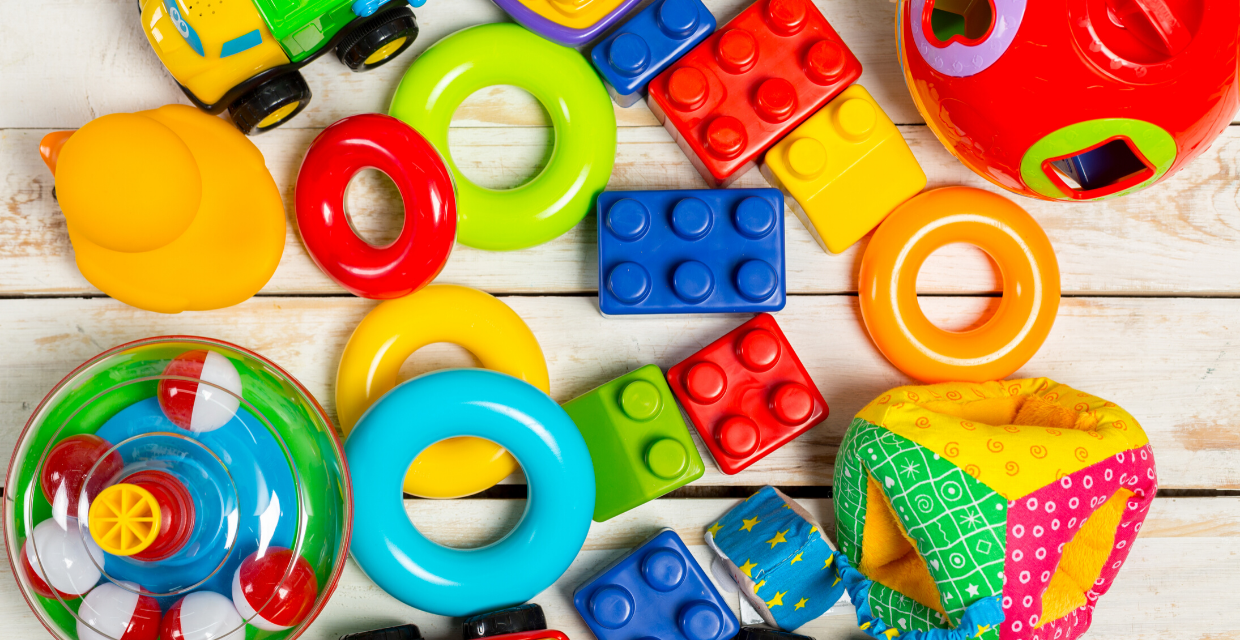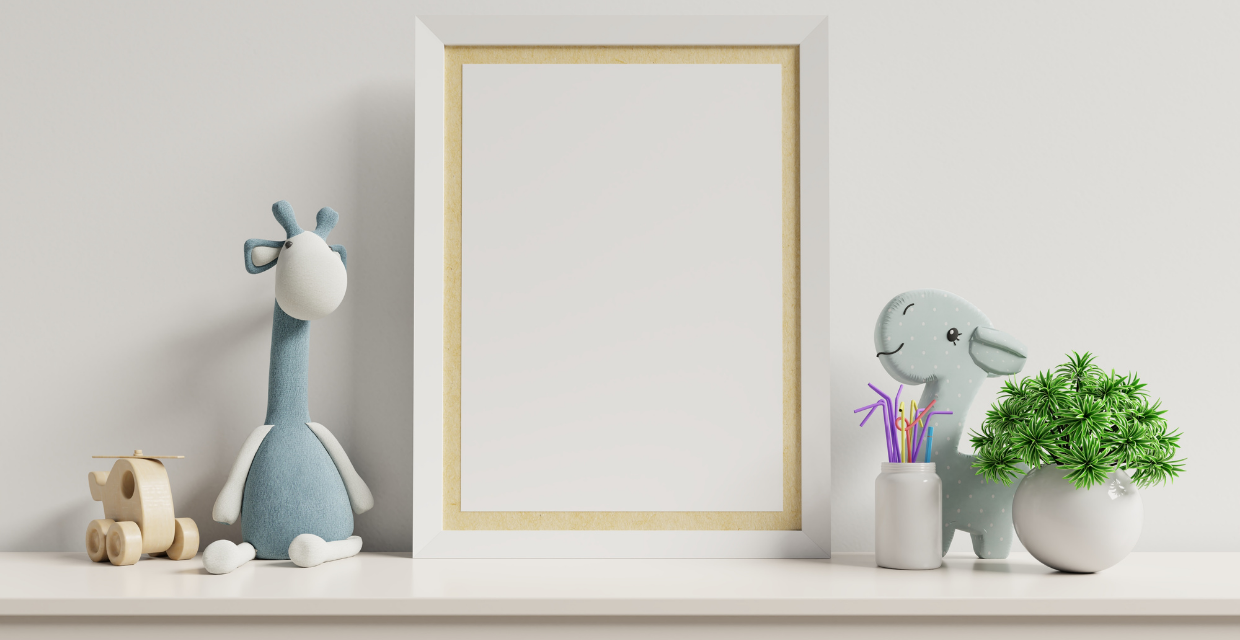The endless screaming, biting, noncompliance, and other aggressive behaviour can only mean one thing: The Terrible Twos.
When our babies become toddlers, they’ve already achieved many milestones that would make us proud parents. But, this is also the time they exhibit these unpleasant behaviours. They’re at the age when they want to test out their independence so we should always set boundaries in a healthy way.
Whether in public or in private, we’ve all experienced the Terrible Twos. But how do you deal with it? Do you spank them? Do you lecture them? Do you give in to them?
Unfortunately, most parents resort to spanking their children to discipline them. In fact, according to a survey conducted on Singaporean parents in 2019, 9% of the respondents often instilled such punishment.
Negative Effects Of Spanking A Child
Under any circumstances, never hit your child.
This is because research has shown that physical punishment such as spanking, hitting, and other actions that cause pain, leads to:
- Antisocial behaviour
- Mental health problems such as depression
- Resorting to physical means to resolve conflict
Reinforcing such punishment in the household will only create a cycle that could last generations. Studies have found that children, whose parents spanked them, grow up to exhibit the same aggressive attitude towards their own children. Especially in Asian households, this type of behaviour is one we can all relate to.
Before you consider spanking your child as a form of discipline the next time, we are here to tell you to reconsider that. Spanking does more harm than good. Here are the other alternatives on how to discipline a toddler in healthier ways.
8 Positive Discipline Techniques For Parents
1. Listen To Them

Chances are your toddler wants something but they can’t express them clearly. In their frustration, they would resort to temper tantrums.
For this, what we can do is to actively listen to them. Prompt them with questions and encouraging statements for them to express themselves clearly. Avoid responding with the same aggressive behaviour they have as this will only escalate into something counterproductive.
2. Acknowledge Their Good Behaviour

Admittedly, we tend to focus on the bad rather than the good. It’s just how humans work; we naturally pick up the negative things in our environment, according to the head of the Yale Parenting Centre.
Acknowledging their good behaviour will boost their self-confidence and self-esteem. Even something as small as tidying up their toys after playing is an act worth praising. Doing so would not only enhance their positive traits, but it will also allow you to form healthier bonds with them as well.
3. Be A Good Role Model

Children follow what they see. As the people with the most influence on them, you should model the behaviours you would want to see your children do.
Even if they’re not directly involved in the conflict you’re facing, they will still see the way you handle them. In this case, you should also practice other means of conflict management instead of aggression. Some include communication, mindfulness, and compromise.
4. Set Limits

Positive discipline techniques for parents still require limits to be set. Creating rules in and outside of your household will form parameters around what your child can or cannot do. Make them age-appropriate so that when you explain it to them, they will understand why it’s necessary.
Here are some rules you can set:
- No phones at the dinner table
- Set a sleeping schedule
- Limit screen time
- Put shoes in the shoe rack
- Place dirty clothes in the hamper
5. Don’t Give In

Now that you’ve set rules, be consistent. Parents who don’t stick to their own rules end up having children with the same attitude.
For instance, if your child has physically hurt you, they would have to go into a timeout at home. If this happens again and the consequences don’t happen, they will end up doing it again.
6. Give Them Attention

One of the most rewarding things for children is your attention. When they behave a certain way and you give them attention, most likely they’ll repeat that behaviour again.
Utilise your attention as a means to reinforce the behaviour that you want out of them. Moreover, you’ll also notice that they are growing up as better individuals.
Say things like, “Good job fixing your bed!”, “Keep trying!”, or simple physical gestures such as hugs or a thumbs up will work. However, always do things in moderation. Giving too much attention might be more counterproductive than you expect. Read more: 5 Ways To Unspoil Your Child
7. Use Distraction

When your child is on the verge of a temper tantrum, distraction is one of the simplest and most effective methods to manage them.
Here are some ideas:
- Give them something else to do
- Change your environment such as moving to a new spot
- Plan fun activities ahead of time
- Sing rhymes or songs together
- When outside, take some toys or books with you
However, you shouldn’t use distraction if they have hurt someone or they are upset. When this happens, talking to them is the best approach. Do the first step, which is listening, and help them understand that what they did was wrong.
8. Incorporate Routines

Routines help manage behaviour in many different ways. Knowing what to do, who should do it, and when would lead to less conflict in the household.
An example you can incorporate for young children is “play, eat, and sleep”. When they’ve played enough and had a hearty meal, chances are they will be ready for bed. This means less struggle for you to manage them.
Moreover, routines give a sense of security to children. They will know the ropes around the house and, thus, giving them the confidence to do and explore more things on their own in an appropriate manner.
In A Nutshell…
Parents have good intentions in everything they do for their children. However, that doesn’t justify the physical punishment they’re inflicting. It’s high time that you should educate yourself on what to do and what NOT to do for your child’s well-being.
Follow these methods to form a healthier bond with your child while also guiding them in the right direction!
Do you have other tips and tricks on how to discipline a toddler? Share it with your fellow parents in the comments section!






